#the Levellers
Explore tagged Tumblr posts
Text
There is only one way of life
That’s your own
That’s your own
- The Levellers
#the levellers#levellers#anarchy#anarchopunk#anarchism#punk#folk punk#fuck this#fuck your authority#kill the system
13 notes
·
View notes
Text

ID: “Was the earth made to preserve a few covetous, proud men to live at ease, or was it made to preserve all her children” - Gerrard Winstanley, 1649, Founder of “The True Levellers”.
The writing is printed in black on white and surrounded by coloured 17th century style woodcut illustrations of people engaging in agricultural labour. At the bottom, under a drawing of a tree bearing fruit, is a man who appears to be a king, wearing purple and a crown, with a Charles I style beard, holding a few broken sticks. He may in fact be intended to portray Charles I.
It’s rather depressing to see that anti-capitalist protest has in fact been around about as long as capitalism has, and mostly been ignored because the people doing the exploitation have the power. Even when they kill a figurehead.
#the diggers#the levellers#anti capitalism#the wars of the three kingdoms#the english civil war#early modern history#17th century history#british history
33 notes
·
View notes
Text

i am. going to stab myself. r u fucking joking me
context:

13 notes
·
View notes
Text

Abiezer Coppe, quoted in Christopher Hill’s The World Turned Upside Down
Radicals in the 17th century went hard. It’s so cool to read this stuff and see people be communists with conviction and eloquence, and the Christian imagery adds an extra layer of magnificence to it - especially when it’s subverted, like in this atheist Christmas carol!

There’s also this lovely section from Gerard Winstanley which is way ahead of its time. He talks about how disturbing visions of God, angels, and the devil are the result of an ungrounded, suffering, overactive imagination meeting with excessive religious certainty in others, and the harm and distress that can cause. I never had anything like this in my experience with Christianity, but I know people who have, so this really hit home for me. (TW: suicide)

#philosophy#politics#communism#history#17th century#1600s#english civil war#reformation#the levellers#gerard winstanley#religion#religious trauma#christianity#psychology#psychosis
2 notes
·
View notes
Text
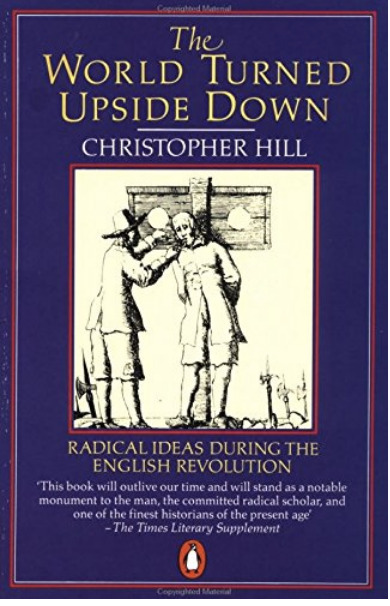
Christopher Hill's 'The World Turned Upside Down: Radical Ideas During the English Revolution', first published 1972 (Viking Press).
In 'The World Turned Upside Down' Christopher Hill studies the beliefs of such radical groups as the Diggers, the Ranters, the Levellers and others, and the social and emotional impulses that gave rise to them. The relations between rich and poor classes, the part played by wandering 'masterless' men, the outbursts of sexual freedom, the great imaginative creations of Milton and Bunyan - these and many other elements build up into a marvellously detailed and coherent portrait of this strange, sudden effusion of revolutionary beliefs. (Penguin, 2020)
On Hill:
Christopher Hill was born John Edward Christopher Hill in York, England on February 6, 1912. He attended Balliol College, Oxford University and later became the master of the college from 1965 until his retirement in 1978. In 1940, he was commissioned as a lieutenant in the Oxford and Bucks Light Infantry, before becoming a major in the intelligence corps in the Foreign Office from 1943 until the end of World War II. He was a Marxist historian whose work examined the role of economic factors in the events of 17th-century England. His works included The English Revolution 1640, Intellectual Origins of the English Revolution, God's Englishman, Reformation to Industrial Revolution, AntiChrist in 17th-Century England, Milton and the English Revolution, The World of the Muggletonians, The Experience of Defeat, and Liberty Against the Law. He died on February 23, 2003 at the age of 91. (Google Books, nd)
[I'm not able to link the pdf of the text here, but it is available in my sweeties document or through careful googling]
I found out about this through Georgie Carr's brilliant writing on 'Triangle of Sadness'.
"On one level, Östlund seems to posit a direct relationship between an excess of vomit and an intensity of critique. In contrast to the radical tradition of “the world turned upside down,” which aims to write a new history from below, Östlund instead renders society merrily askew." (Carr, 2022)
I abandoned this film in favour of spending time tickling my lover's arsehole in their sleep and couldn't dream of articulating my thoughts on the film as well as Carr does.
I could say: Östlund has created a work that nudges at style, substance, and box-office sales, but manages to rock the boat only in his definition of the word 'satire'.
But why bother? Here is Carr's article:
#christopher hill#georgie carr#another gaze#contemporary cinema#british cinema#swedish cinema#Ruben Östlund#cinema essay#british history#british politics#the world turned upside down#the diggers#the ranters#the levellers#radical politics#to read#politics resource#history resource
2 notes
·
View notes
Text
The New Model Army Defiant: ‘What were the lords of England but William the Conqueror’s colonels or the barons but his majors?’
Cromwell and Fairfax Choose Sides

The Farmer Who Ruled England by Ron Embleton. Source: Look And Learn magazine #51 (5th January 1963).
BY THE SPRING of 1647, the split between the Presbyterian faction that dominated Parliament and the New Model Army had widened into a chasm. The Army was fundamentally opposed to Parliament’s intention to disband most of its units, save for an expeditionary force to be sent to Ireland, with its months of wage arrears unpaid and with no indemnity granted to soldiers for actions taken during the war. The Army was also suspicious at what it perceived as the marginalisation by the Presbyterians of its popular leading commanders, Sir Thomas Fairfax and Oliver Cromwell, and nervous at the apparent negotiations between Parliament and the King which they believed could see Charles re-established with full royal authority on his throne, with potentially dire consequences for those commoners who had raised arms against him. The Independents were therefore assuming more and more influence amongst the middle ranking officers and the ordinary soldiery, leading to an increased militancy, not just against a Parliamentary faction that the men believed sought to swindle them out of their due, but also against an aristocratic ruling order they saw being reimposed and which many had hoped the war had rid them of. This led to the soldiers to begin to elect so-called “Agitators” to represent their interests to Parliament. The Agitators were more akin to shop stewards than the term’s modern connotation of persuasive political radicals, and indeed one of the first actions of the new militancy was for the Army to go on strike in April 1647.
The strike manifested itself as a refusal to serve in Ireland without the soldiers’ back pay being met, legal indemnities for their actions during the fighting being issued and, significantly an insistence that the Irish expedition be led by Cromwell and Fairfax. The two commanders were in an invidious position: Fairfax remained Parliament’s commander-in-chief and Cromwell was a sitting MP. Both men privately sympathised with the strikers. Cromwell attempted to broker an agreement between Parliament and the Agitators, but the situation spiralled out of control when on 25th May, Parliament announced the disbanding of the New Model Army with the exception of the force to travel to Ireland. The Army’s response was to muster in Newmarket, a show of strength that took the Presbyterians aback who, apart from the Trained Bands in London, had no military forces of their own to deploy against what was beginning to look like an organised mutiny. The Agitators then issued their own demand that the eleven MPs who had signed the disbandment order should themselves be removed from the Commons.
This development led to Cromwell’s moment of truth. Instinctively, he was a social conservative, very wary of the radical elements of the Army, but equally he owed a debt of blood to the soldiery whom he had commanded, fought with and led to extraordinary victories. His ultimate decision was made easier by his enemies in Parliament who believed him to be, at best, tolerant of the radical Independents in the Army and at worst, their cynical manipulator. As the Presbyterians’ negotiations with Charles threatened to being Scottish troops back into England to take on the New Model Army, Cromwell resigned his Parliamentary seat and cast his lot in with the military. What followed was the most audacious move in an extraordinary career that would one day make Cromwell king of England in all but name. Following a shadowy and never proven meeting between Cromwell and his immediate officers over lunch at an inn in Drury Lane, on 2nd June, a relatively junior Agitator named George Joyce, a second lieutenant, or “Cornet” in the New Model Army cavalry, led a troop of 500 horse to Holdenby House.
Joyce was met with suspicion by the military force guarding the King at Holdenby and they refused his demands to release Charles into his custody. The enterprising Joyce then forced his way into the startled King’s bed chamber and insisted Charles accompany him to London. The King, sensing something was afoot, and having obtained assurances from Joyce he would not be harmed or compelled to do anything against his conscience, agreed. The Parliamentary guard, unwilling to take on a numerous force of New Model troopers stood down and Joyce took charge of the King. An intrigued, and quite possibly amused, Charles enquired by what authority Joyce was taking him into custody. Joyce, clearly discomfited by Charles’ persistence, obfuscated, and replied transferring the King to the care of the Army, was necessary to secure peace in the Kingdoms. When Charles continued, asking Joyce “by what commission you have” to take his action, the exasperated officer turned and indicated his mounted soldiers. “By this commission, sir,” he replied. The King acknowledged the new reality under which his realm was now ruled. “It is as fair a commission and as well written as I have seen a commission written in my life.” he allegedly remarked. On 7th June, Joyce handed Charles into the charge of Fairfax and Cromwell. The rebellious New Model Army not only now had the unequivocal support of its much loved wartime commanders, it had the King as well.
Cromwell, Fairfax and the King all now proceeded to Newmarket where the Army remained under arms. Cromwell encouraged the formation of an Army Council to, in effect, administer the rebellious force, independent of any form of Parliamentary control. Parliament quickly realised the seriousness of the situation it was faced with: failure to compromise could lead to its overthrow by the Army. They quickly conceded the Army Council’s demands : the disbandment order was rescinded, the hated eleven signatories resigned their seats and pay arrears were agreed to be met in full. Cromwell now found himself in the position of being able to seek a settlement to bring the civil war to a conclusion but mandated by neither King nor Parliament to do so. There followed a period of intense negotiation with Charles under which Cromwell and Henry Ireton were prepared to reject the Newcastle Propositions and the Solemn League and Covenant, restore Royal privilege and crush the radicals in the army in return for religious toleration, biennial Parliaments and an amnesty for the those who had fought for Parliament. The only significant concession the Independents asked of Charles was his agreement to end episcopacy. An unlikely partial Royalist victory was within Charles’ grasp if he could bring himself to agree to the generous terms, known as the Heads of Proposals, on offer.
At the same time as, crab like, a settlement of England’s constitutional crisis seemed at last possible, political opinion was hardening not only within the ranks of the New Model Army, but also within a series of disparate low church groups for whom “toleration” was simply the start. They were spear headed by a remarkable group of radical egalitarians known as “The Levellers”. These proto socialists rejected monarchical and aristocratic privilege; sought the break up of aristocratic-owned estates and their redistribution to yeoman farmers; wished Parliament to be the depository of popular as opposed to kingly sovereignty, and promoted sexual equality and the rights of women. The Levellers also believed in the intrinsic correctness of social equality under God, and advocated for commerce and small business at the expense of inherited wealth and land ownership. It is possible that the Levellers could have ultimately been dismissed as one of several short lived seventeenth century utopian and extreme religious groups such the Diggers, the Ranters, the Quakers and the Proclaimers, but, crucially, they possessed intellectual heft in the shape of their leaders, William Welwyn, Richard Overton and “Honest” John Lilburne, and a power base within the Army which could not be ignored. In the autumn of 1647, the Levellers were to be one of the most influential elements in a fascinating episode in England’s radical history: the so-callled Putney Debates.
#english civil war#british history#parliament#oliver cromwell#thomas fairfax#Charles I#the levellers#radical history
5 notes
·
View notes
Text
Surprise! Tumblr just got turned into an epic fantasy RPG, just like [your favorite appropriate media franchise]. And the Tumblr RPG's plot needs to have all of its characters covered, in roles both large and small.
That means that you are assigned to a stereotypical RPG role inside our new fantasy world. Spin this wheel to find out what you are now doing for a living.
#polls#tumblr polls#would you believe that i have consumed some fantasy media in my time#i think suikoden and wow alone cover most of these lol#(and this got inspired by thinking of just how many distinct npcs i interacted with when leveling Yet Another WoW Alt)
48K notes
·
View notes
Text
Can we stop using "still lives with their parents" or "unemployed" or "doesn't have a drivers license" or "didn't graduate high school" as an insult or evidence that someone is a bad person? Struggling with independence or meeting milestones is not a moral failing.
#autism#autistic#neurodivergent#actually autistic#asd#level 2 autism#medium support needs#low support needs#high support needs#level 1 autism#level 3 autism#disability#ableism
67K notes
·
View notes
Text
we need more divorcebaiting. how strongly can canon imply (without technically outright stating) that these two characters are bitterly, acrimoniously divorced? essential we explore this
#hero and villain whose mid-battle insults become increasingly intimately specific#until they're waging the sort of psychological warfare so forbidden by the geneva conventions#they must have either grown up together or been in an intimate relationship at some point bc where else do you get that level of weaponry
31K notes
·
View notes
Text


Our hextech dream….
#the thing is#I’m so excited for the final act to drop#but I’m also so sad because arcane is such a gem#there is very few pieces of media that is so well done#well written well animated well thought out and cared for#the only shows that come close to this level of quality get CANCELLED#So to be able to enjoy a complete and well crafted story as good as this#bro I feel lucky#sad it’s over but I can’t wait#(it’s also insanely rewatchable so I’m not TOO torn up about if#my art#arcane#arcane league of legends#viktor league of legends#viktor arcane#jayce talis#arcane jayce#jayce league of legends#jayvik
31K notes
·
View notes
Text
I just Had to do it

#dungeon meshi#my level 4 or bellow creature life#dumb shit#my boy <3#laios touden#laios dungeon meshi
40K notes
·
View notes
Text
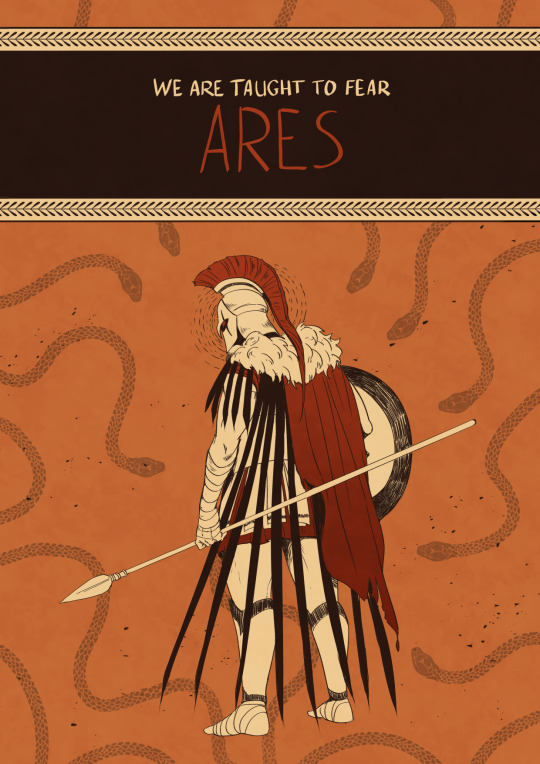
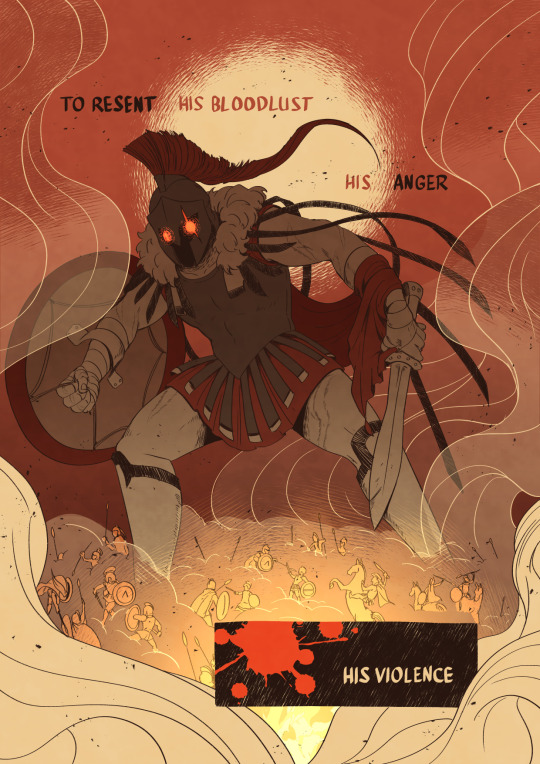
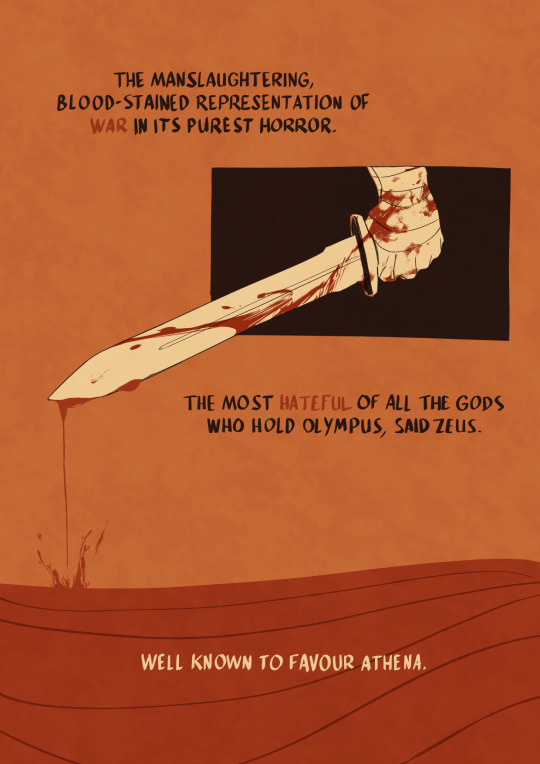
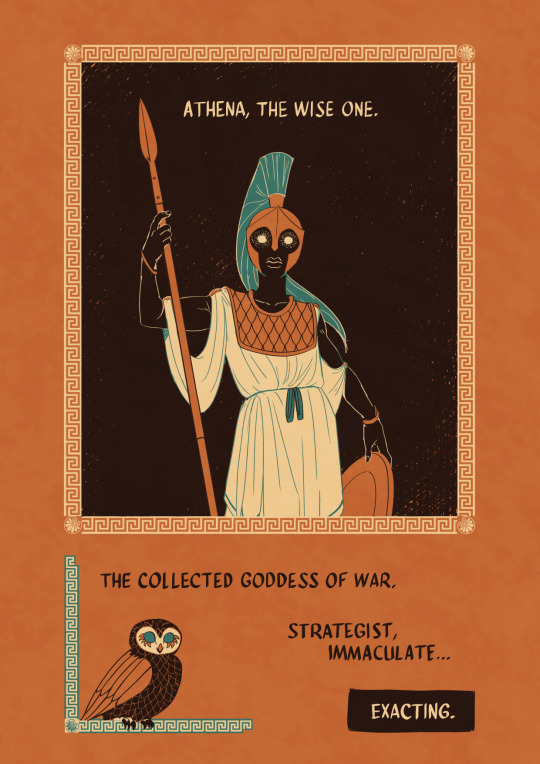
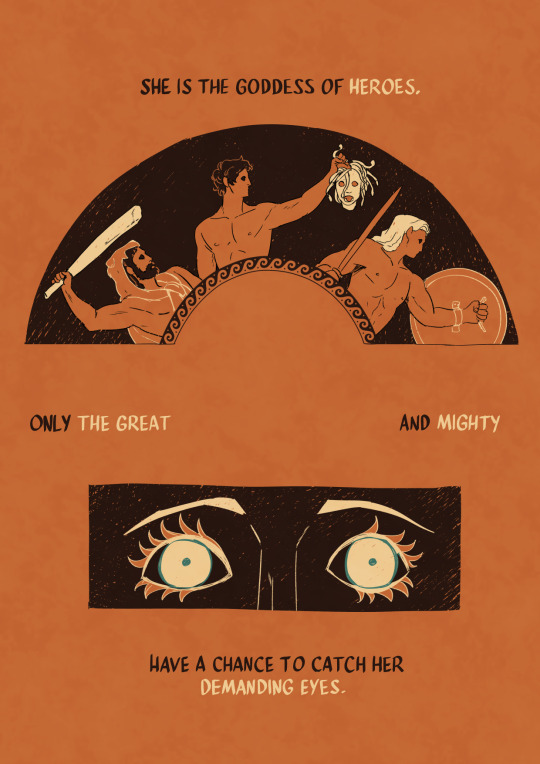
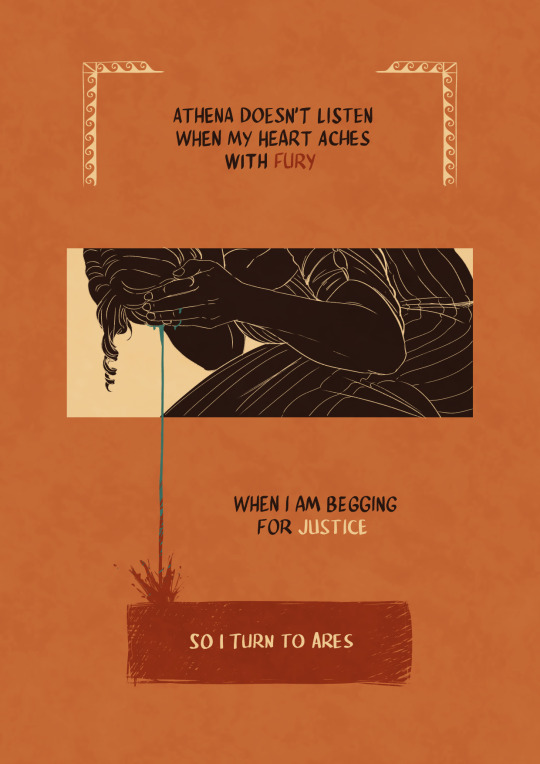
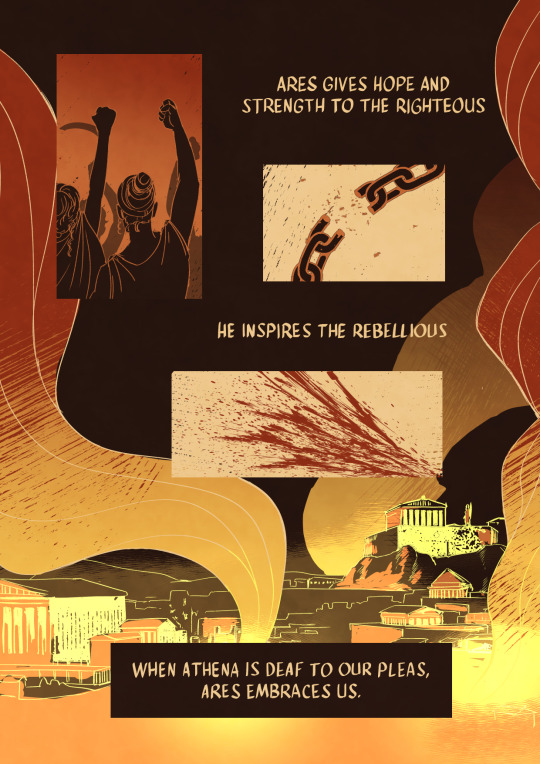
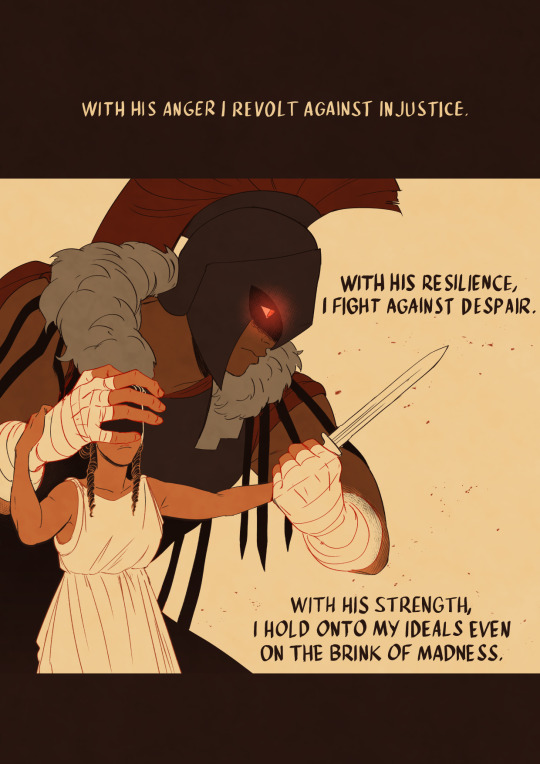
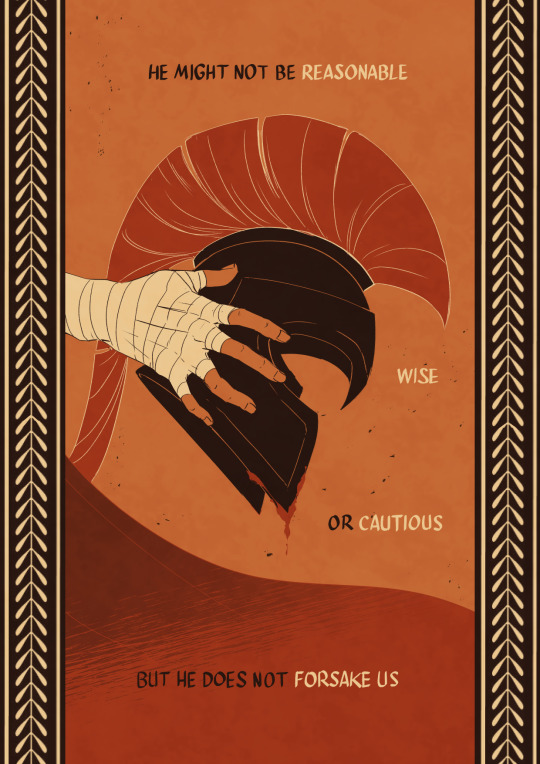
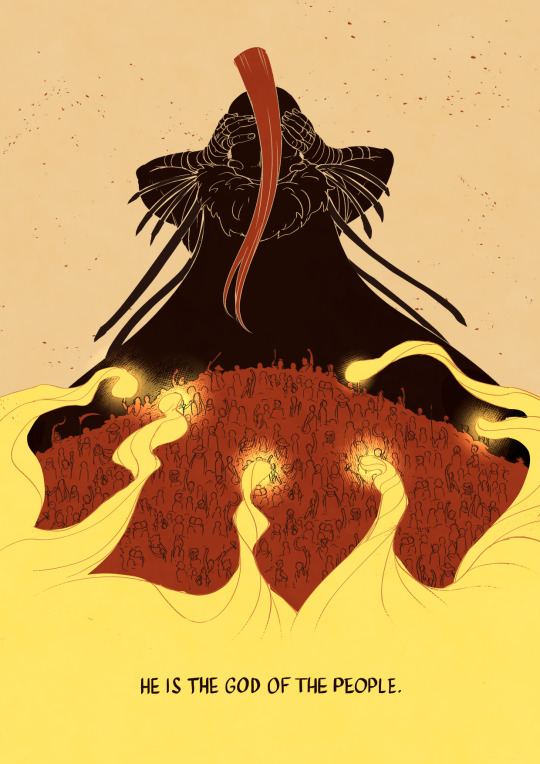
I turn to Ares.
Thanks to Tyler Miles Lockett who allowed me to draw inspiration from his ARES piece for page 2! Look at his etsy page it's SICK
⚔️ If you want to read some queer retelling of arturian legends have a look at my webtoon
#greek mythology#ares#athena#greek gods#dont get me wrong it aint athena slander but it sure is ares praise#on some level at least#man justly accused of bad things deserves some mid praise more at 11#thank you romi for helping me with words though i duly noted you insisted on ares not being cautious rather than him not being careful#romi be like “i want him to care” and honestly good you should say it#also EPIC led to this and i just..... i want to draw some animatics man i just need infinite time now#my long lost love for greek myths just will never stop coming and they dont stop coming and they dont stop coming#i want some vulture design in here for ares but not sure about this one#kochei doodles
99K notes
·
View notes
Text
@stvksn on ig
165K notes
·
View notes
Text
My conduct this year landed me on Santa Claus's fabled and controversial "Kill-at-all-Costs" List. Turns out the reason the big man and his people don't exercise that option more often is that they really aren't good at following through on it. Well outside their core competency. He's delegated to the elves, and they've got this ingrained assembly-line mindset that doesn't translate at all to the adaptable and fluid mindset needed for siege breaking. They just haven't adjusted their playbook at all from when they're doing rote deliveries. Armed Elves have been rappelling down my chimney one at a time into the roaring fire I've kept going nonstop for the last week. They haven't even thought to try my front door yet. Whole house smells like peppermint, which it turns out is what burnt elf meat smells like. Thought I was being super clever putting cyanide-laced almond milk out with the cookies as a last line of defense, but none of them have made it even the scant few feet to the side table where that's sitting. At the rate things are going the real danger is that I'm gonna forget what I did with that and accidentally drink it myself while I'm watching the show
#shitpost#microfiction#santa#thoughts#generating an elfghanistan level protracted quagmire over here
16K notes
·
View notes
